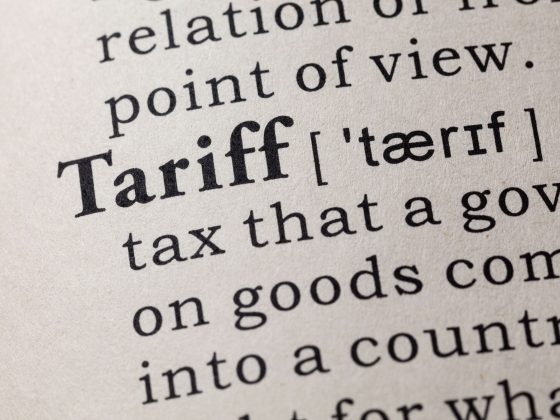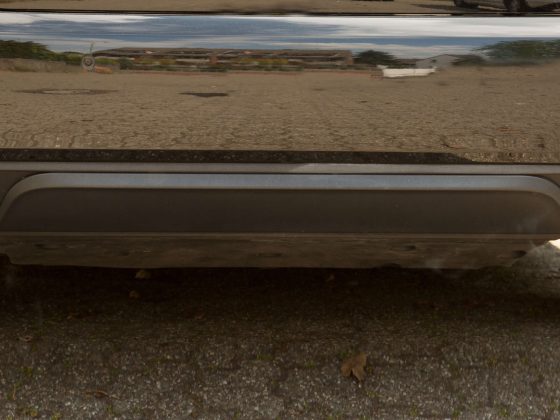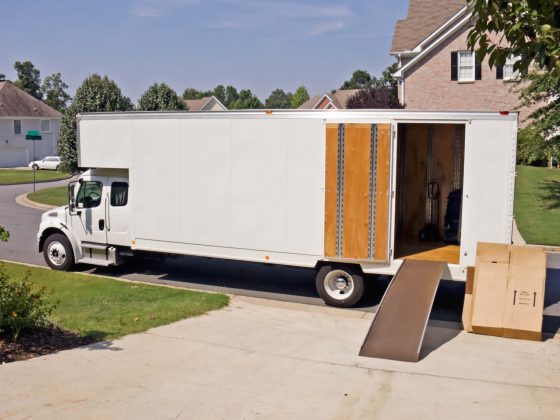Of all the things that excites teenagers the most, getting a driver’s license plays an important role in the search for independency.
Use eTags© to Quickly Complete Your DMV Service. Renewals, Title Transfers and More, All Online!
Teen drivers relish the opportunity to hit the roads without supervision as it provides a great sense of freedom.
If your teenager recently got their first driver’s license or has been performing poorly on the road, here is your chance to discuss with them about certain bad driving habits that are quite common between newbies and young people.
Driving a vehicle comes with a set of responsibilities that not many adolescents are ready to take, so let’s have a look at two of the most damaging driving habits young people should ignore at all cost.
Giving in to road rage and aggressive driving
The National Highway Traffic Safety Administration (NHTSA) defines aggressive driving as a behavior of a person who commits a series of traffic offences so as to put everyone around them at major risk.
Many motorists of all ages, backgrounds, and experience levels could give in to aggressive driving, creating a dangerous atmosphere for everyone.
If your teenager displays certain anger issues, it may be time to start helping them be in control.
While aggressive driving exposes motorists to risky situations, road rage is the consequence of engaging in a violent confrontation with another driver, which is a criminal offense.
However, both aggressive driving and road rage, are rooted in anger and frustration. Parents must pay close attention to the following symptoms:
- Violent thoughts.
- Expressing displeasure at other motorists.
- Using excuses to disobey the traffic rules.
- Following dangerous driving practices.
Taking a deep breath always help but it may not be enough for young drivers who are not 100% prepared just yet.
Below we grouped useful ways to manage and mitigate your frustration:
- Find comfort once you are inside the vehicle (set your dashboard accordingly).
- Be courteous with others, even when they making huge mistakes.
- Put in practice defensive driving techniques and be in control.
- Be empathetic with others. Everyone goes through tough days at times.
Avoid distracted driving
Once you read this article, you’ll no longer underestimate the effects of distracted driving on our ability to drive safely.
If you notice your teen drivers tends to be easily distracted, wouldn’t it be time to start talking about how to tackle all types of distractions while on the road?
Distracted driving comes in different forms and you must take note:
- Calling/texting while driving.
- Eating/drinking while driving.
- Engaging with passengers rather than focusing on the road.
- Reach for items that are far from the driver’s seat.
- Listening to loud music.
In today’s world, people are becoming easily distracted, especially when it comes to the use of cell phones.
For that reason, find some time to negotiate with your teen driver and suggest the following practices:
- Keep your phone down: If your teenager cannot live without their smartphones, ask them to turn it off or place in locations where they cannot reach until they arrive to their destination safely.
- Keep the volume low: Make your teenager aware that nobody outside the vehicle cares about their favorite band or singer. They do not need to be loud.
- Be rested: It would be a mistake to let your teenager drive when they haven’t slept enough hours under any circumstance. If they must drive while fatigued, suggest them to schedule naps to combat drowsiness.
- Keep the food on the fridge: Do not encourage your teen driver to eat their breakfast while driving to avoid being late. If they are running out of time, they should get up earlier or consider to better plan their day according to their needs.
As you see, breaking habits is not easy. Yet, if you find a way to negotiate new practices with your teen, make sure they are aware of the consequences following bad driving practices.
SEE ALSO: Car Title And Registration – Do You Know The Difference?








